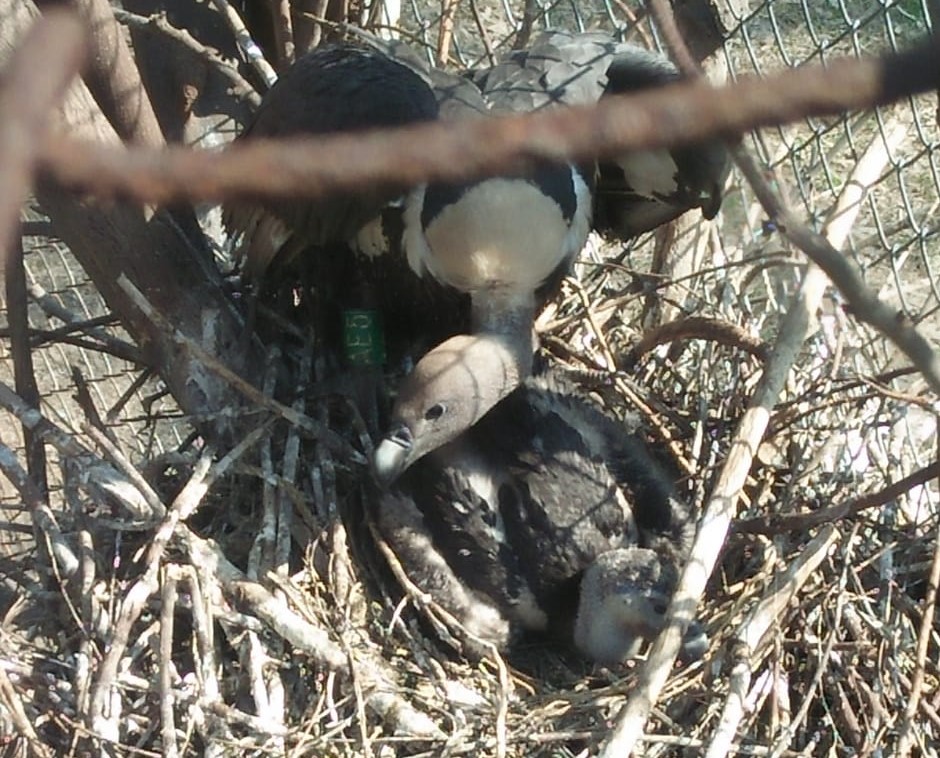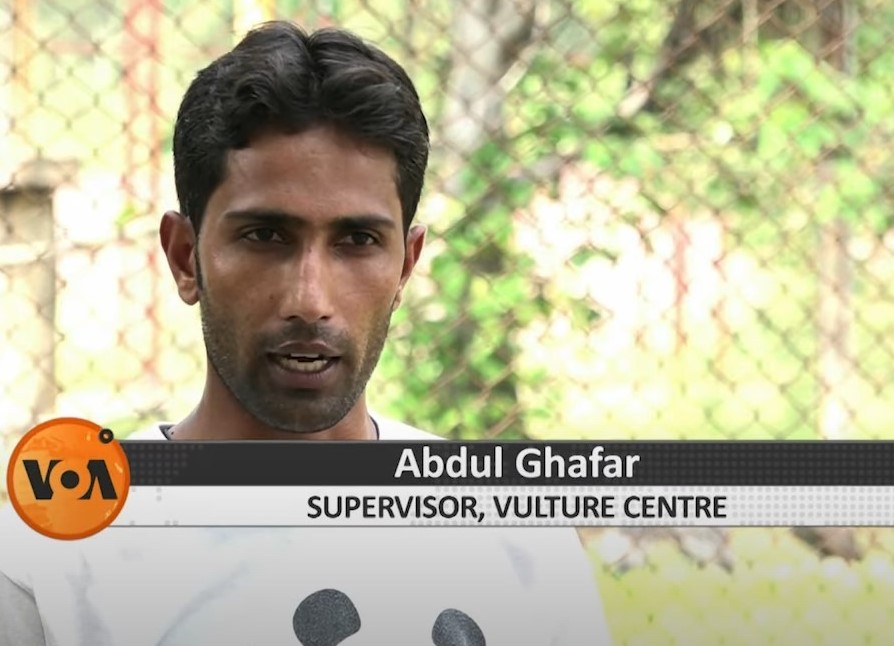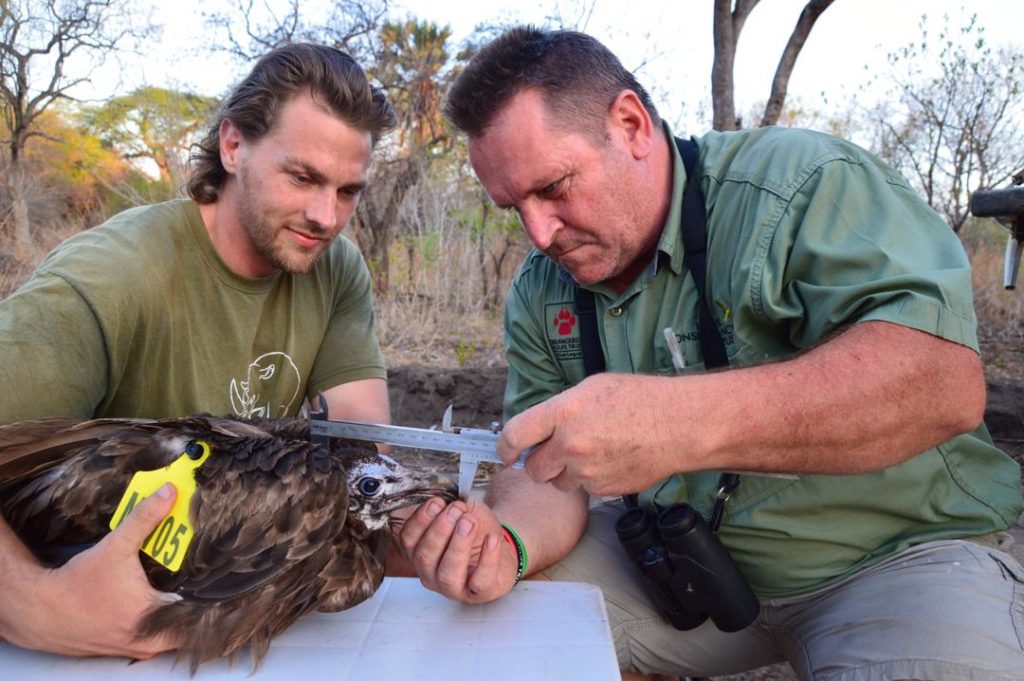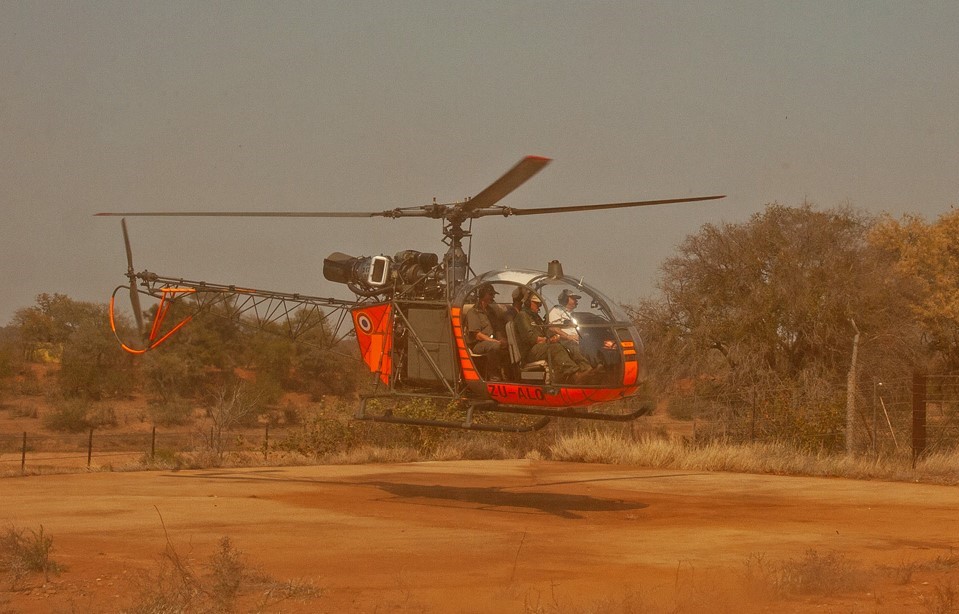
As the year draws to a close, we like to look back and reflect on our achievements of the year. 2020 is no exception, though of course the year we are looking back on has been no ordinary year. Nevertheless, we are proud of the work we have achieved, despite the challenges we have faced.
January – This month is usually spent planning the year ahead, however, unfortunately, the year didn’t pan out quite as planned! That said, despite the restrictions we were still able to make some significant achievements and we are very pleased with the progress.
February – At Changa Manga Breeding Centre, in Pakistan, the centre Supervisor, Abdul Ghafar, was interviewed by Voice of Asia, a popular TV programme in Pakistan about our Pakistan Vulture Restoration Project. Find out more about our work in Pakistan.
March – We hosted the second annual International Vulture Programme Conference at the Trust. The event was a resounding success, we updated our IVP partners on all our projects across southern Africa and South Asia. We welcomed around 30 IVP partner guests from other collections and falconry centres to participate in the day.
April – 3 Asian White-backed Vulture chicks fledged to join the captive colony at the Changa Manga breeding centre in Pakistan. This was our best breeding year yet since the centre was opened, and the colony now has 25 birds.


May – Our conservation and research team made a special effort during the lockdown. Our Head of Conservation and Research, Dr Campbell Murn, who is usually very much behind the scenes, even made several appearances to give us insights on the wonderful vulture species we work so hard to conserve. Visit our Facebook page.
June – Our Project Officer, Andre Botha, delivered poison response training to all the field staff in Kruger National Park, South Africa so they can respond to poisoning incidents in Kruger and the surrounding areas. That’s over 450 people trained! Find out more about this project.
July – This month would usually be spent planning the field work for our Hooded Vulture project in South Africa, however we were unable to travel abroad as normal so this project was put on hold until next year. It was a difficult set back but we are excited about completing the last period of field work for this project in 2021. Find out more about our work with Hooded Vultures.
August – We organised and completed aerial surveys of vultures and their nests in Kruger National Park, South Africa.
September – We organised and executed an exceptionally successful International Vulture Awareness Day, with over 150 participants across the world. At the Trust we raised more than £1000 for our vital vulture conservation work! Watch our vulture animation.
September – We received a grant from Zoo Miami in the USA for our Poison Response work. These funds will go towards training in Mozambique in 2021, to equip field staff to deal with poisoning incidents when they occur.
October – Our Project Officer, Andre visited Dronfield Nature Reserve, near Kimberly, South Africa for the annual ringing and tagging week. The team ringed and tagged an impressive 43 African White-backed Vulture chicks. Read more about Andre’s trip to Dronfield.
November – We participated in the first ever tagging of vultures in Malawi. Along with Lilongwe Wildlife Trust, we helped to fit seven African White-backed Vultures and one Hooded Vulture with wing-tags, and fit one White-backed Vulture with a satellite tag. Read more about this story.
November – Our Head of Conservation and Research, Dr Campbell Murn, and our Conservation and Research Liaison, Hannah Shaw, attended the SAVE (Saving Asia’s Vultures from Extinction) conference via an online webinar. Campbell delivered a fascinating talk about the work we do in Pakistan to conserve vultures, as partners of the SAVE Consortium. This conference welcomed more than 80 participants from across the globe.
December – We have spent December making an early start on the plans for 2021, and tying up loose ends from the previous year. This includes searching and applying for grants and other funding, planning field work, writing reports and analysing data for future publications. This year has been a challenge, with some of our activities put on hold. We look forward to continuing our vital conservation and research work with Critically Endangered vultures in 2021! Find out more about our vital conservation work.

